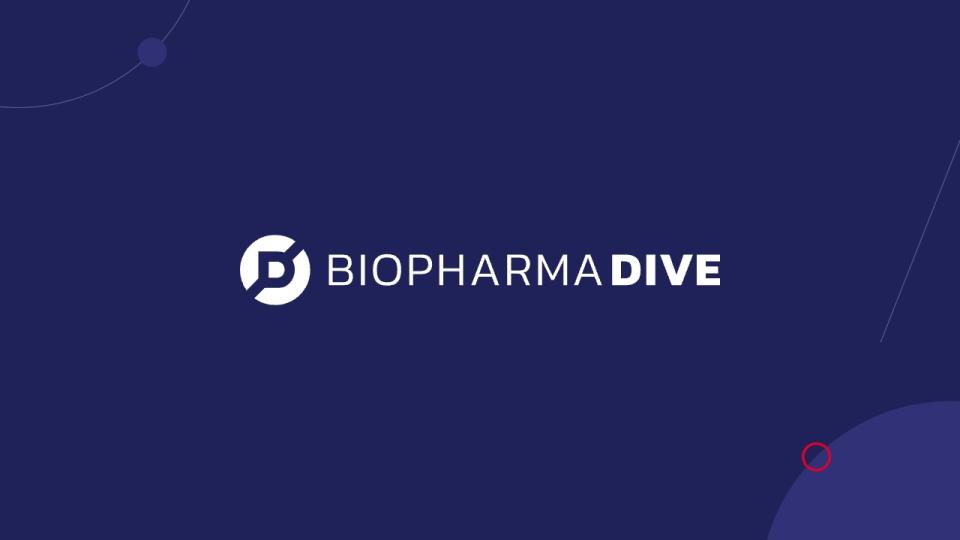Ipsen drug approved by FDA for early pancreatic cancer

Dive Brief:
The Food and Drug Administration has approved a new regimen for pancreatic cancer, clearing Ipsen’s Onivyde to be used with chemotherapy in treating recently diagnosed metastatic tumors, the company announced Tuesday.
Onivyde, which Ipsen bought from Merrimack Pharmaceuticals seven years ago, has been available for second-line use in pancreatic cancer, after tumor progression. The new OK will give physicians the option to use it earlier.
The FDA’s decision was based on results from a Phase 3 trial Ipsen ran involving 770 people with metastatic pancreatic cancer. The data showed that Onivyde plus the chemo regimen FOLFOX improved survival and delayed tumor progression for longer than a combination of the drugs Abraxane and gemcitabine.
Dive Insight:
Pancreatic cancer remains one of the most difficult tumors to treat, with few good options after cancerous cells have spread more widely. More than 60,000 people are diagnosed with the adenocarcinoma form each year, according to Ipsen, often after metastases. Fewer than one in five people at that stage live longer than a year following diagnosis.
Against that backdrop, the FDA’s approval of Onivyde is notable. Results, which were published in The Lancet last October, showed that adding the treatment to the drugs oxaliplatin, fluorouracil and leucovorin resulted in median overall survival of about two months longer than standard nab-paclitaxel and gemcitabine. The Onivyde regimen also decreased the risk of disease progression by 30%, although the median time to tumor growth or death was still only about seven months.
“Given the reality of this aggressive form of cancer and the complexity of the disease, every advance in the treatment landscape represents a meaningful improvement in patient outcomes,” Zev Wainberg, a professor of medicine and co-director of the GI Oncology Program at the University of California, Los Angeles, said in a statement provided by Ipsen. Wainberg was an investigator in the Phase 3 study of Onivyde.
For Ipsen, the approval could help spur greater adoption of Onivyde, sales of which have remained modest since its initial 2015 clearance. Last year, Ipsen recorded 164 million euros, or about $175 million, in Onivyde revenue, roughly flat from 2022.
The approval will come at a financial cost, however, triggering a $225 million milestone payment to Merrimack, which essentially exists as a shell company after laying off all its employees in 2019.
In a statement, Merrimack said it now plans to dissolve and pay out the milestone funds from Ipsen to shareholders via a “liquidating dividend” this spring or summer.
This story was originally published on BioPharma Dive. To receive daily news and insights, subscribe to our free daily BioPharma Dive newsletter.
